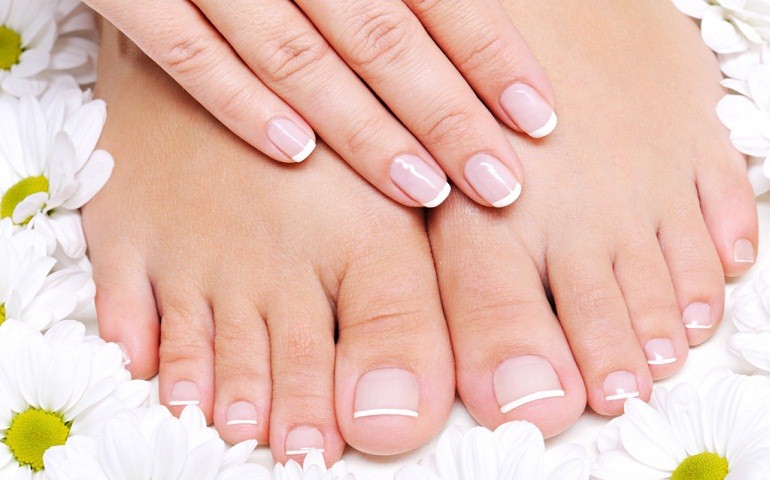Nail Treatment

The term Eczema is a medical term which is commonly used to describe a skin condition. In most cases, this skin condition is a type of dermatitis or an inflammation of the epidermis. The epidermis is the most outer layer of an individual's skin. Eczema is normally a persistent skin condition that causes dryness of the skin or rashes of the skin.
Some of the most common symptoms of this skin condition are; skin redness, swelling or inflammation of the skin, itching skin, skin dryness, crusting or flaking of the skin, skin blisters, cracking of the skin, or bleeding or oozing of the skin. It is common for individuals with Eczema to experience slight skin discolorations. Normally, skin discolorations are the result of breakouts that are attempting to heal themselves. Eczema is commonly mistaken for psoriasis. However, unlike psoriasis, it is most likely to be found on the flexor point of joints.
Kinds of Eczema Scars
The term "Eczema" is used to describe a broad set of characteristics. However, there are many different types of Eczema. In most cases, Eczema is classified by the location of the breakout. There are numerous different types of Eczema breakouts.:
- Atopic Eczema
- contact dermatitis
- Xerotic Eczema
- Dyshidrosis
- Discoid Eczema
- Venous Eczema
- Seborrhoeic dermatitis or Seborrheic dermatitis
How Eczema does affect your skin ?
Early signs of eczema when correctly identified can make a huge difference in quality care for those would be sufferers. Eczema is one of the most common skin issues and can affect people from any age group. One of the first signs of eczema is intense itching of the affected area. Eczema can affect the face, neck, arms, legs, scalp and the inside of the elbows, knees and ankles. These areas are important to keep track of in determining the early traits of eczema. Eczema may affect the person for a few days, or longer, depending on the type of eczema they have.
Treatment of Eczema
The same as with any medical condition, eczema can be dealt with in two ways - you can prevent it or use the treatments of eczema. Prevention is always better than a cure. Rather than focusing on your search for effective treatments of eczema, your initial move must be geared towards finding ways to avoid eczema symptom triggers. The first step in preventing eczema symptoms from showing on your skin is to understand what eczema is.
The next step in eczema prevention is the identification of eczema causes in a person. Treatments of eczema can be sought only when you are experiencing a bout of eczema. These treatments can't exactly get rid of your eczema, but can tone down its symptoms and provide you with your needed comfort. Eczema creams are the most popular OTC eczema treatments. Steroidal eczema creams work best for eczema symptoms that involve swelling or inflammation.
Procedures that treat Eczema :
Eczema is considered as a common term for many forms of dermatitis or skin inflammation. Eczema is a skin condition like no other. There is no real cure for eczema, although people often outgrow the condition (see above). If you are among the unlucky who doesn't, then avoiding certain triggers - such as allergens etc - can help you to avoid flare-ups, as well as keeping your skin as well-moisturized as possible. Steroid creams. These are often used when there is a flare-up, usually non-prescription hydrocortisone.
Do not skip a day and use until the eczema is gone, then use a non-steroidal moisturizer several times a day to keep the eczema at bay. Moisturizing often with creams and emollients recommended by your doctor or dermatologist - those that are unscented without certain chemicals. Taking warm, not hot showers instead of baths. Sometimes an oatmeal bath can help alleviate the itching. Your doctor or dermatologist can also recommend special bath oils. Using only special soaps to wash with which do not exacerbate the tender, sensitive nature of your skin. Avoiding triggers that can make things worse, such as being in the company of animals which are a known allergen.
When to Expect Results ?
Eczema is a chronic condition that cannot really be cured however, with a lot of time and effort is it almost always possible to keep it under control. Avoid triggers and irritants that tend to make your eczema worse, and when it flares up stick assiduously to a regular moisturizing routine to calm it down. And if your eczema becomes infected, seek advice from a medical professional at once.
